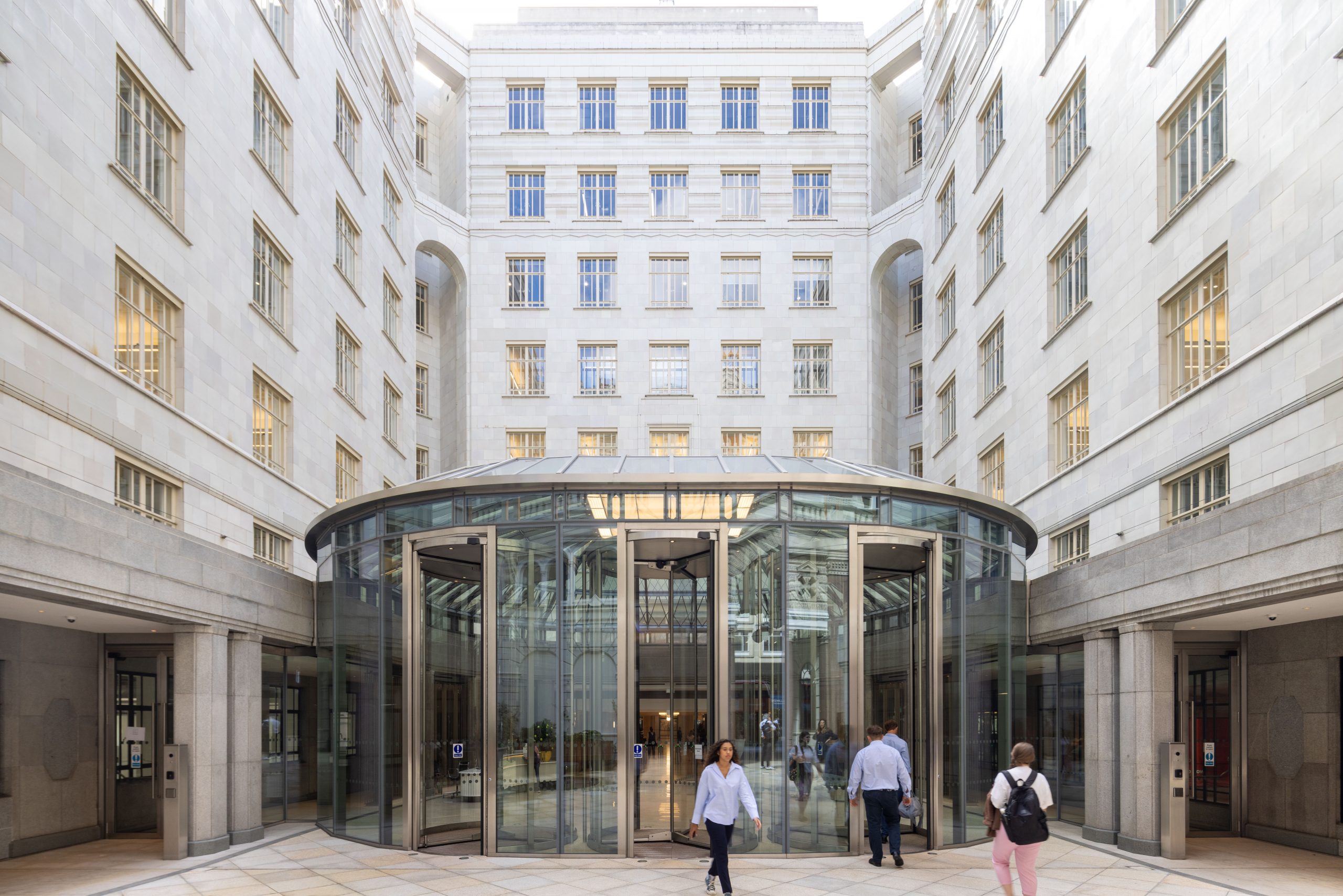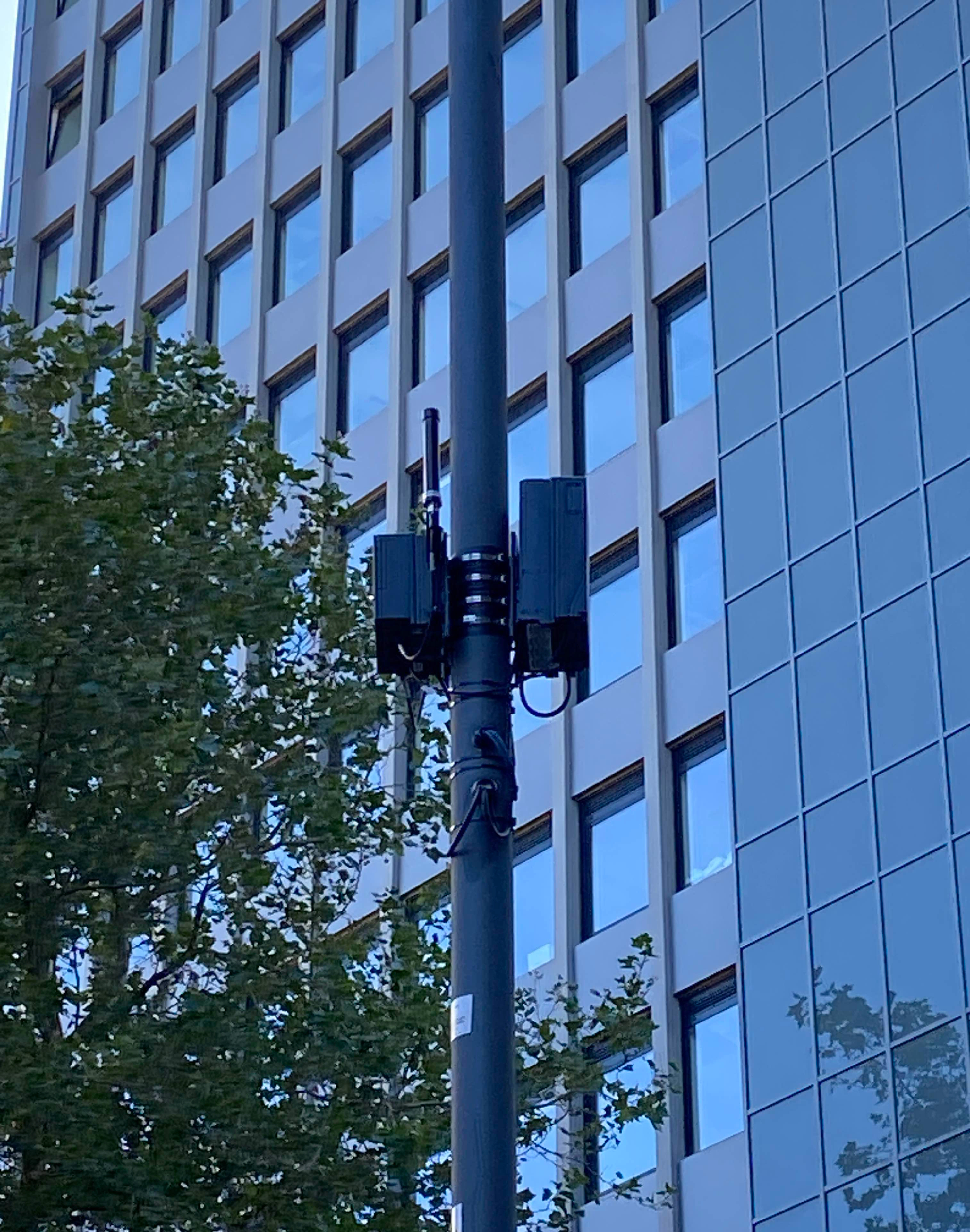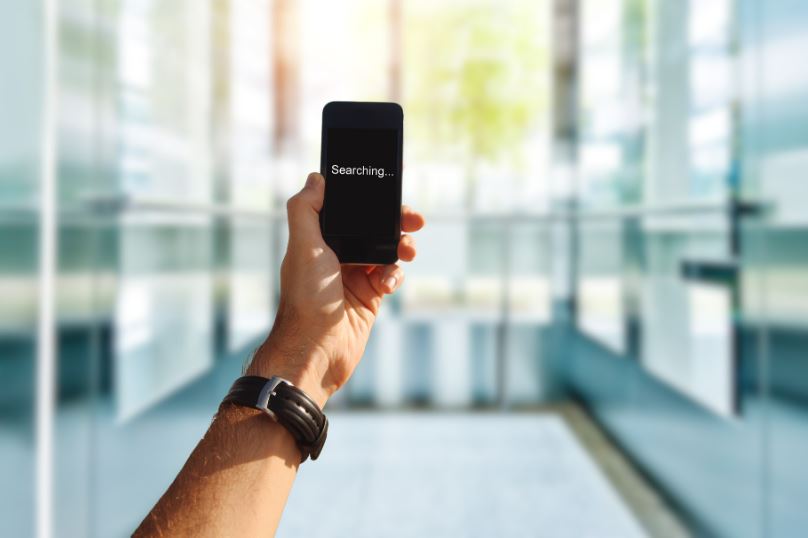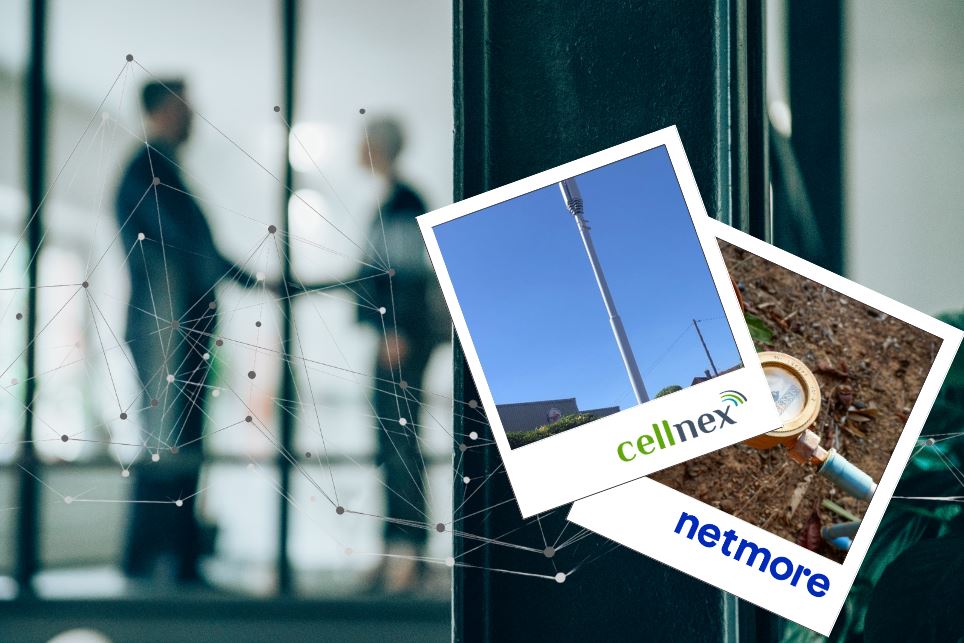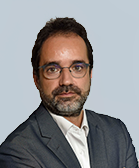Mediacentre

- 16 Feb 2017
- ·
- Technology
Mobile connectivity solutions for high-demand spaces and positioning in the roll-out of 5G are Cellnex’s key themes at Mobile World Congress 2017
Mobile World Congress 2017
- The company has an extensive presence in Europe, with more than 19,000 sites located in Spain, Italy, the Netherlands, France and the UK.
- Cellnex has positioned itself as a benchmark for the roll-out of small cells and DAS (Distributed Antenna Systems) to provide connectivity in areas and spaces with a large concentration of users and high demand.
- Cellnex and JCDecaux present a commercial alliance to speed up the roll-out of “small cells” and DAS in Spain.
- The infrastructure operator is continually developing solutions through its dedicated Internet of Things (IoT) network, the only fully operational one currently deployed in Spain, through which it provides national coverage.
- Cellnex’s stand will offer demonstrations of the DTT test broadcasts in UHD currently made from Barcelona, Madrid and Seville. The company will also showcase interactive multi-screen solutions that enhance viewing experience.
Barcelona, 21 February 2017. Cellnex Telecom is taking part in a new edition of Mobile World Congress, the global meeting place for the mobile communications sector. The company has attended the event every year since the first edition in 2006.
At this edition, held from 27 February to 2 March, Europe’s leading independent operator of wireless telecommunications infrastructure will be at stand CS82 (Congress Square) where it will present its solutions and technology for responding to high demand for mobile connectivity in spaces with a large concentration of users (such as shopping centers, stadiums, subway lines, urban center).
In 2016 Cellnex acquired CommsCon, an Italian company specialised in providing coverage to mobile operators using Small Cells and DAS (Distributed Antenna Systems).
These connectivity provision systems are channelled through small stations placed in strategic high-frequency in wich which the same antenna concentrates the signal of several operators, to provide signal coverage to areas and spaces with a large concentration of users, or emblematic spaces such as Milan’s San Siro and Turin’s Juventus football stadiums; the Milan, Genoa and Brescia underground; Milan Malpensa airport; high-speed tunnels; Milan’s historic centre; offices, exhibition centres and shopping centres.
Forecasts in Europe indicate that the five most populous countries in the European Union, which include Spain, are to roll out between 200,000 to 500,000 small cells up to 2020. In Spain, this will range from 30,000 to 75,000.
Alliance with JCDecaux to speed up the roll-out of Small Cells and DAS in Spain and Italy
Both companies recently signed a commercial agreement to offer joint “end-to-end” solutions to their customers in Italy and Spain to enhance the densification of networks, from design to maintenance, while facilitating and streamlining acquisition and access to sites.
These small cells, which will meet the high demand for connectivity in cities, will be rolled out in assets managed by JCDecaux in cities and high-traffic areas (airports, shopping centres, stations). In addition to attending to the installation and maintenance aspects, Cellnex will define a network architecture that provides an overview of the elements of the urban space, offering an integrated engineering solution ranging from identifying and selecting eligible sites (billboards, bus stops, and other urban furniture) to connectivity to them (fibre, microwave links), to civil works, operation and maintenance, etc.
Extensive presence in Europe, prepared for the roll-out of 5G networks
Since it was floated on the stock exchange in 2015, Cellnex Telecom has engaged in an internationalisation drive in several European countries. It currently has more than 19,000 sites including the DAS (Distributed Antenna Systems) nodes managed by CommsCon, located in Spain, Italy, France, the Netherlands and the UK.
Cellnex’s portfolio covers all types of centres: towers in rural areas, masts and rooftop equipment and DAS (Distributed Antenna Systems) and Small Cells located in urban fixtures.
The company offers a catalogue of services linked to integrated management of infrastructure services: optimising networks by engineering and planning sites to avoid duplication; backbone transmission networks; agreements to market available capacity in sites owned by other parties; searching for and building new centres.
In Italy it operates through Galata, Towerco and Commscon, which comprise one of the densest and most capillary networks covering the length and breadth of Italy.
Galata and Towerco both work according to the multi-operator and multi-service concept that is key for developing wireless networks and services, by optimising investments and enabling the rationalisation and more efficient use of installed capacity and networks in operational and environmental terms.
CommsCon, acquired last year by Cellnex, is a company specialised in providing conectivity to mobile operators. The company operates 85 technical rooms in Italy housing 720 BTS (Base Transceiver Stations) that channel data traffic. These rooms are in turn connected to 12,200 small antennas called DAS (Distributed Antenna Systems).
In France the company currently has 2,300 sites acquired from Bouygues Telecom, which will be integrated into the Cellnex portfolio over the coming years, through which it offers services to mobile operators, opening up a line of long-term industrial cooperation with the French company, to respond to the introduction of mobile broadband based on 4G and 5G standards. Both companies have announced an agreement that also provides for the integration of up to 1,200 towers that are expected to be “built to suit” over the next five years. With this operation, Cellnex will operate 3,500 sites in France located throughout the country and in areas of high demand and density with growth potential.
In the Netherlands, Cellnex has 725 mobile telephony sites. 80% of these infrastructures are located in areas close to the country’s main road corridors, with the remaining 20% located in urban and rural areas. The company is reaffirming its growth strategy in Europe and establishing an operational base that is bringing it closer to the markets of central and northern Europe.
In the United Kingdom, Cellnex reached an agreement to acquire 100% of the Shere Group (540 sites). The company has thus consolidated its presence in Europe by incorporating Britain into the activities of its group. The sites are mainly concentrated in England and Wales.
Internet of Things applications
Cellnex Telecom will present its range of solutions based on Internet of Things technology, which uses sensors on elements such as water meters, manhole covers or waste bins to optimise resources and allow them to be managed efficiently.
Improving the TDT experience
Improved TDT user experience flows from technological advances, such as DTT Hybrid interactivity or the quality improvement provided by UHD, or Ultra High Definition.
Cellnex’s stand will feature televisions receiving Ultra-High Definition 4K DTT signal, which is currently the object of test broadcasts from Collserola. These broadcasts are made simultaneously in Barcelona, Madrid and Seville, transmitting various contents produced by Radio Televisión Española in 4K DTT, including exceptional quality images of the Reina Sofía and El Prado museums, a documentary of the dolmens of Antequera and images of Madrid’s Rastro market, among other content.
In addition to the 4K DTT broadcasts, the company will unveil its latest developments in Hybrid TDT (HbbTV), which allow viewers to take part in a survey or vote using their TV’s remote control while watching DTT or to return at any time to the start of the programme they were watching. TV “on demand” content platform accessible from multiple screens will also be displayed.
About Cellnex Telecom
Cellnex is Europe’s leading independent operator of wireless telecommunications infrastructure, with a total portfolio of over 19,000 sites, including the DAS (distributed antenna systems) nodes managed by CommsCon. In 2016, Cellnex achieved revenue of € 707 million (up 15%) and EBITDA of € 290 million (up 23%). The company is present in Italy, Spain, France, Netherlands and the United Kingdom.
The company is listed on the continuous market of the Spanish stock exchange and is part of the selective IBEX 35 and EuroStoxx 600 indices. It is also part of the FTSE4Good and CDP (Carbon Disclosure Project) sustainability indices.
Cellnex’s business is structured around three areas: mobile telephony infrastructures; audiovisual broadcasting networks; and security and emergency service networks and solutions for smart urban infrastructure and services management (Smart Cities and the “Internet of Things” (IoT)).















